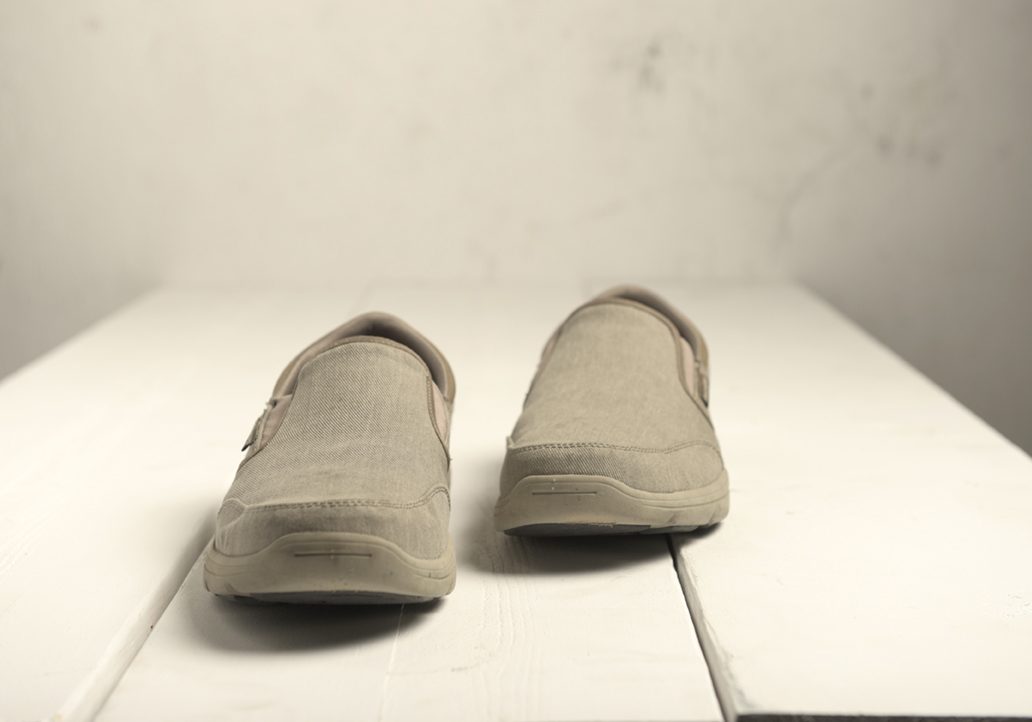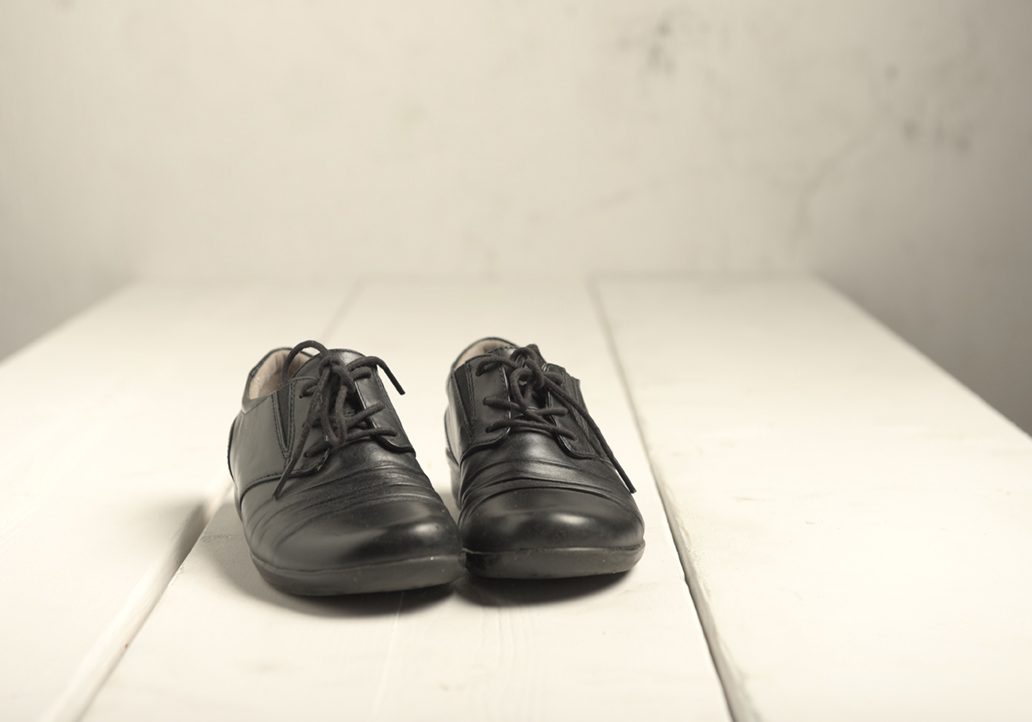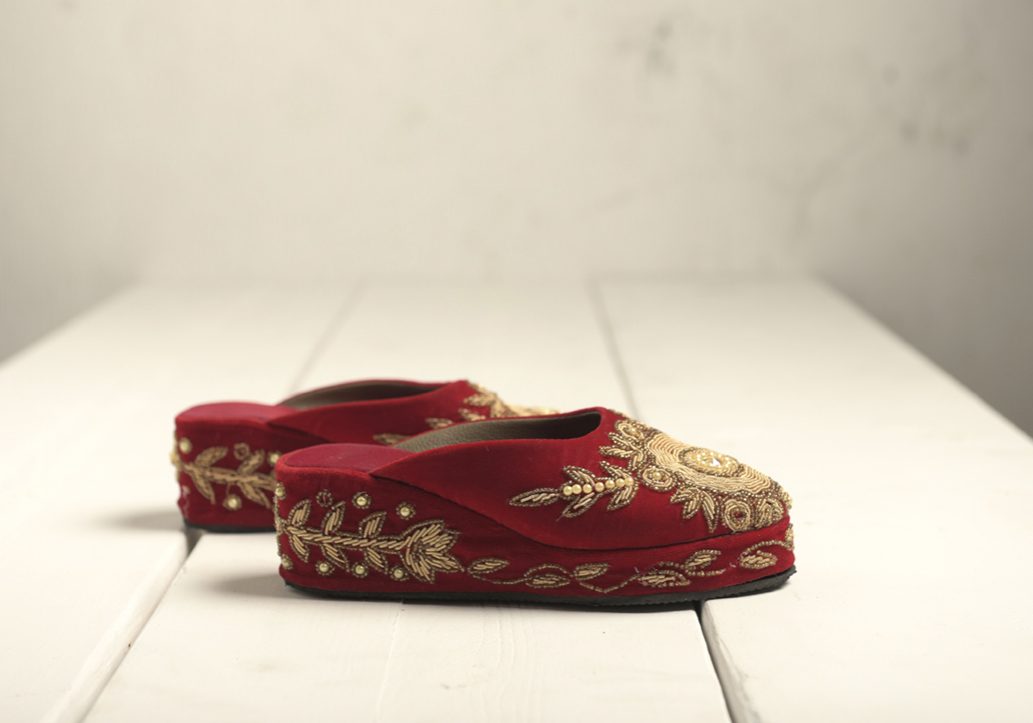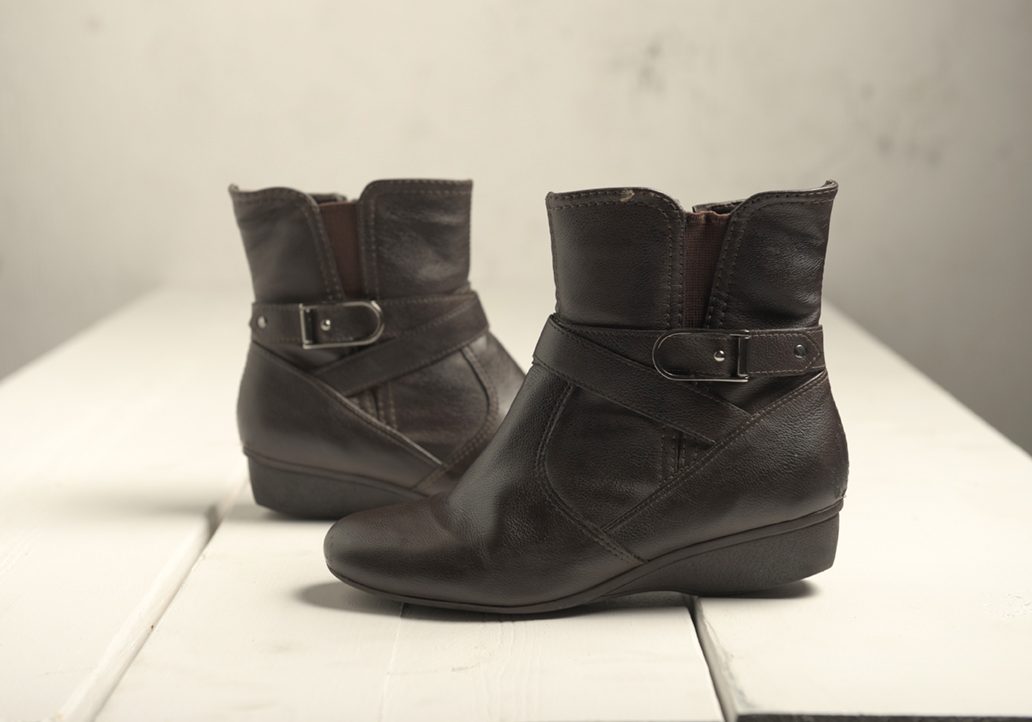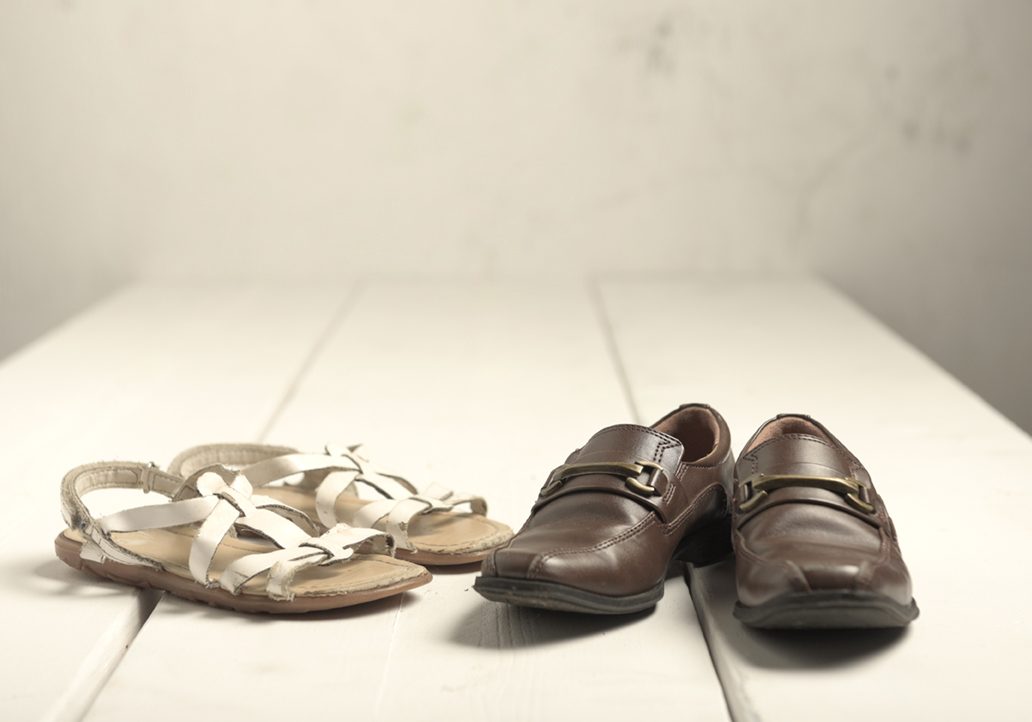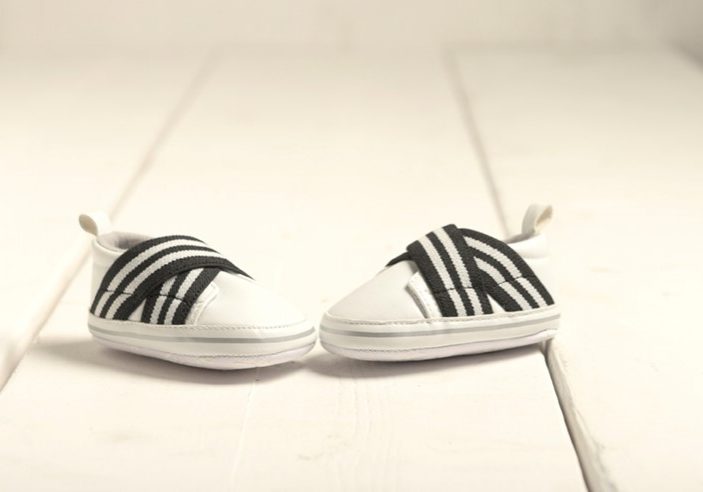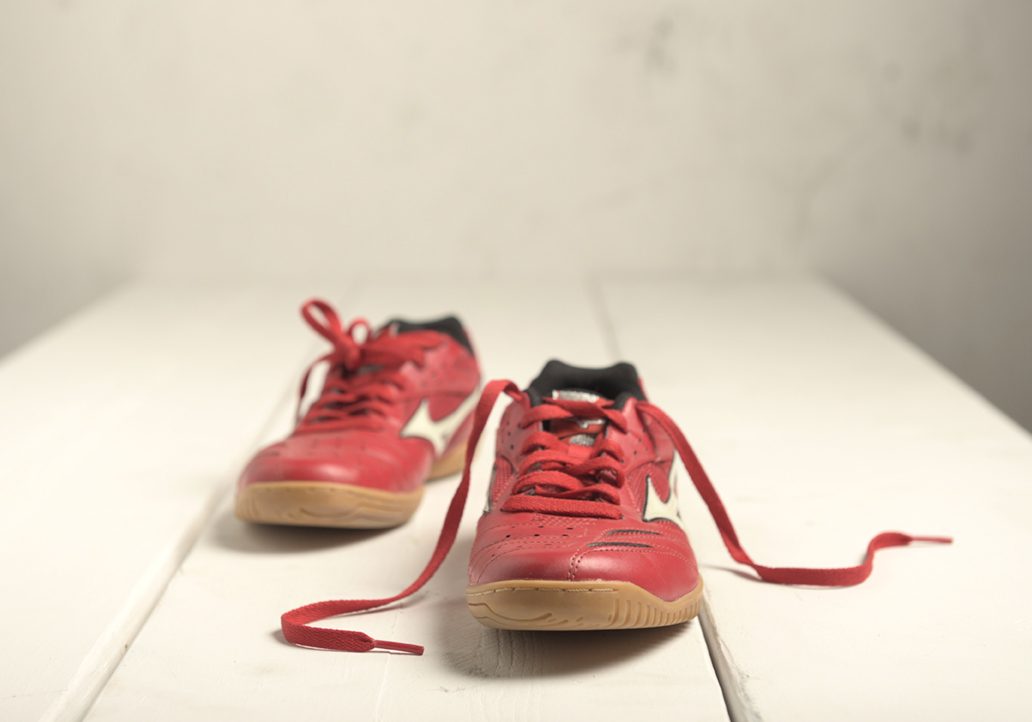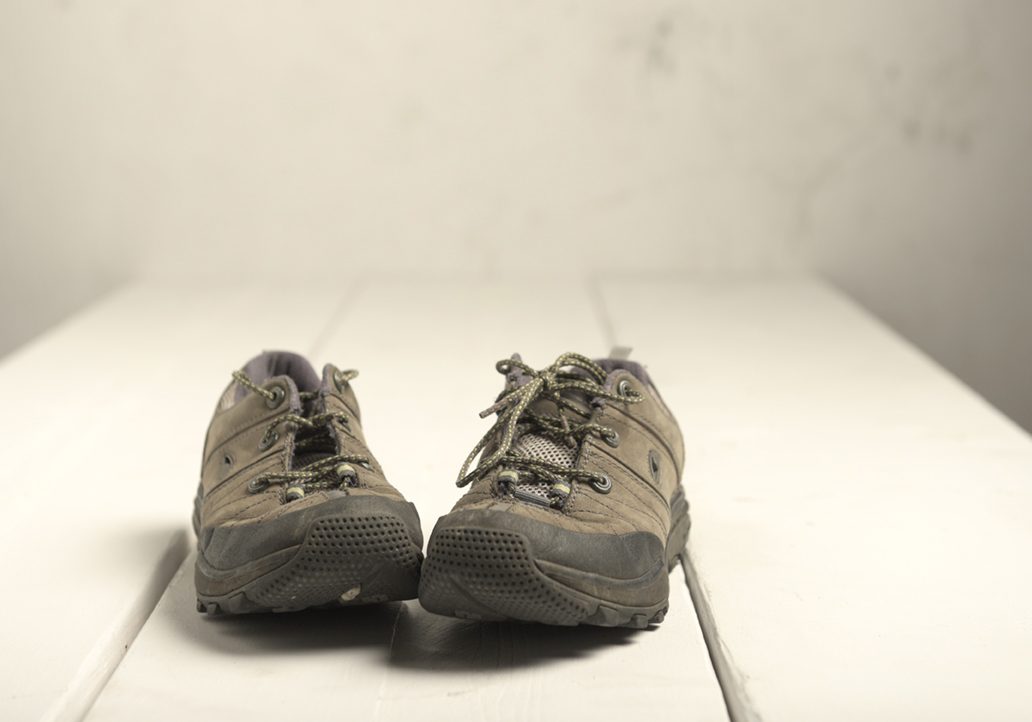Your Boots Don’t Make You
Sayli Chiragabdalova
Summary:
The sight of a dusty pair of army boots triggers the memory of a traumatic event. But these boots are different.
Story:
I am 13 years old, one of thousands of refugees. Forty buses loaded with Shia Ismaili Muslims are heading from the mountains of Pamir, the land of our ancestors, where we took refuge during the civil war. Now we are being forced to return to Dushanbe, the capital of Tajikistan, our home and the site of so much bloodshed—even though the situation there is still unsafe.
My mother, younger sister and I are on a bus at the tail of the caravan. It’s a hot day. A thick wall of dust created by the buses ahead swallows us. Despite all the hardship and fears, we sing and joke. My sister rests against my mother’s shoulder. I have my head in her lap. I feel peaceful and safe.
Suddenly, we stop. The door of the bus opens and a dusty pair of military boots, laced to the top, comes into view at the end of the aisle. My heart starts racing. My blood feels like a sharp needle piercing my veins.
Exactly three months earlier, I saw boots just like these on our way to safety in Pamir. They were on the feet of a short, burly man smelling of smoke and sweat. Just like today, our bus stopped, and I saw fear in mom’s eyes. She grabbed my long braid and tucked it inside my sweater. She tied a scarf around my neck and covered my face. Her hands were shaking. She told me in Pamiri to keep looking down.
The soldier told us to get off the bus.
Outside, we stood close to each other, heads down. The short man, probably the commander as he gave all the orders, came close to us. Suddenly, he grabbed me by the hair. He yelled at the bus driver, “Dog, I asked you if there are girls in the bus!”
He dragged me away from the group. I cried out to my mom, but the bus driver held her back. The commander was screaming something. He wrapped my long braid around his hand, and I wasn’t strong enough to free myself. My tears fell on those dusty military boots. Helpless and angry, I could hear my mother fighting with the driver, who was holding her back, her voice becoming louder and louder. Then she broke out of the driver’s grip and ran toward the commander.
He lifted his machine gun and held it to my head. “Take another step, and she is gone,” he said.
My mother grabbed the barrel of the gun and pointed it at herself. With all her might, she yelled, “Shoot!”
The commander dropped me on the ground. “Get out of here! Stupid woman!” he shouted. Mom took my hand and picked me up out of the dust. She quietly led my little sister and me back onto the bus. We never spoke about that day.
And now similar dusty boots are stepping onto the bus. I lift my head off my mother’s lap. My eyes open wide.
In the doorway stands a man in striped shorts, a dusty gray T-shirt, sunglasses and a cap. He’s holding a huge camera. With a smile on his round, white face, he says, “Hello everyone!”
From the back of the bus, an old uncle exclaims, “Who is that?”
A foreigner! And he speaks English! I speak English too! I jump off the seat, proud to address my very first words to an actual English-speaking person.
A journalist from Canada wearing military boots, he soon became my friend. He had come to tell our stories and bring light into the life of a refugee kid.
My life. Your boots don’t make you.
SAYLI CHIRAGABDALOVA studied Engineering and Journalism in Dushanbe, Tajikistan. She worked as a TV journalist and news anchor, a translator, and a director in a large pharmaceutical company. She married a Canadian man in 2009 and moved to Canada in 2011. She is now the mother of two children, a son and a daughter.
